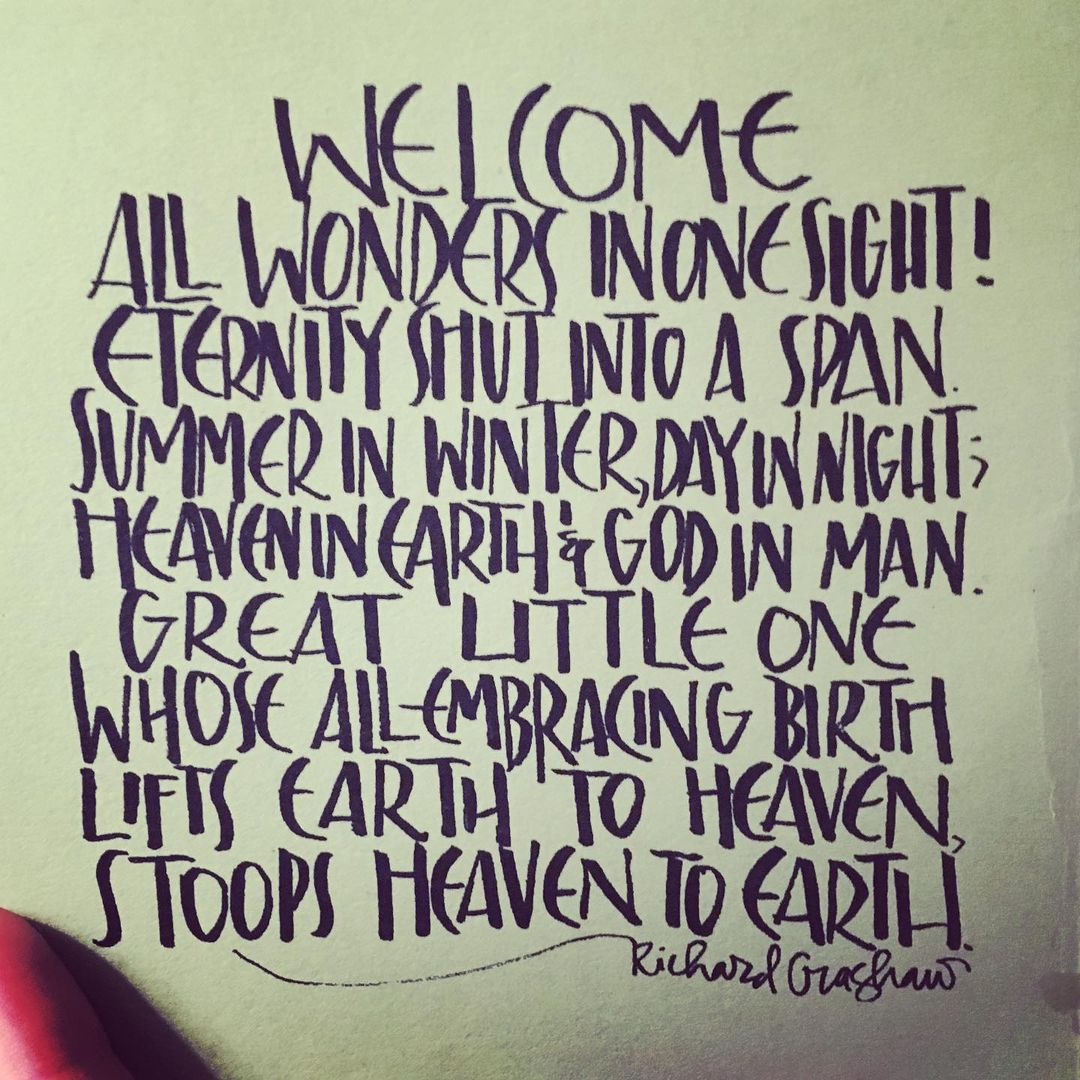Possible Preaching Themes
Possible Scientific Resources
- Maintaining our mental Health
- God’s sustaining of the creation
- The human brain and God’s creativity
- Mental Health
- An easy read about how scientists are discovering that brain networks in those who suffer from depression develop differently, as early as adolescence. These, similarly, are further differentiated by gender:
- Increasing instances of adolescent eating disorders have raised questions as to whether they are a physiological or social-cultural phenomenon. Regardless of origin, it remains a matter of grave concern for all genders. What does an eating disorder do to the brain?
- Mental health matters not only have medical consequences, but social ones as well, including large numbers of those experiencing homelessness. How medical policy and social policy are intertwined is complicated, but also an opportunity for social creativity (below).
- God’s sustenance of the creation outside…and inside
- The James Webb telescope has captured images not previously seen, including “The Pillars of Creation,” where stars are being born. This is just one of the discoveries of the telescope.
- Ongoing study of the human brain is another place where God’s creativity is at work. Here, new research has determined how the human brain was able to evolve in ways beyond other mammals.
- The human brain is constantly changing, responding to internal and external factors. This seems obvious but is news to many, and the brain’s ability to “change” is evidence of the ongoing creative work of God. Neuroscience is exploring these changes:
Homily Outline Combining Resources
Preaching outline combining the themes and resources:
- The first reading from Jeremiah, the Psalm, and (possibly) the reading from Matthew could be framed to focus on mental health:
- “I hear the whisperings of many: terror on every side!”; “I have become an outcast” (Psalm); “nothing is concealed that will not be revealed” (Matthew).
- Very often, people imagine “the enemy” in biblical readings to be something “out there.” But, what if the enemy, is – in fact – inside of us?
- What if the voice of the “accuser” (ha-Satan in Hebrew: the “accuser”), is the voice of self-doubt, despair, anxiety, and other internal mental health matters?
- This could be magnified yet larger with those who suffer from severe mental health disorders: schizophrenia, delusion, addiction;
- Even so, such powers are not more powerful than the claim of God that is made in our baptismal promise (Matthew). We are God’s children; nothing can change that, even the voice that cries “Terror on every side!”
- God sustains the creation – sparrows, the hairs of our head, etc. It seems obvious, but Jesus’ words are often forgotten: that we are worth more than other created things. The crowning achievement of God’s creative work is the dignity of the human being.
- And still…other created things have value that we are called to steward.
- This leads to a second theme: God is sustaining and upholding the creation.
- God is infinitely Not only in a past sense, but in a present one as well. God is able to fashion things beyond the conception of the human mind.
- Not just in the past, but now. Hymn writers have spoken of this “…there is grace enough for thousands of new worlds as great as this…” (Frederick Faber, There’s A Wideness in God’s Mercy).
- Science continues to discover these new worlds. Examples abound, but an accessible and recent example is the groundbreaking photography of the James Webb telescope that is literally seeing galaxies being born (with a delay to account for the speed of light, of course…);
- Scientists have proposed that – complicated as galaxies are – they are not more complicated than the human brain. The brain is obviously an arena of God’s creative activity.
- Rather than being static, researchers have determined that the human brain is constantly “in motion;” that is, it is changing continuously. How might this “change” be evidence of the creative hand of God, who not only does so with humans, but (to use Matthew’s reference…) sparrows as well?
- How might this lead to healing from various mental health challenges?
- Continuing the intersection of creativity and mental illness, James Kauffman offers a short video that looks at this connection.
- God is infinitely Not only in a past sense, but in a present one as well. God is able to fashion things beyond the conception of the human mind.
- As disciples missioned to help build up God’s reign, we are called to mirror in our own limited ways God’s creativity.
- While there is some evidence that especially creative people can have more mental health challenges than others
- Creativity can also be a path to both mental and physical health.
- As we participate in the Spirit’s ongoing project of renewing the face of the earth we commit ourselves to use our creative gifts
- To encourage those who are fearful
- To affirm those who are concerned that they are worth less than a sparrow
- To reassure the sinful that they are forgiven
- And so contribute to the well being not only of our Church, but the very cosmos so marked by God’s love and care.
- In so doing we will testify as the Gospel acclamation calls us to do
- Testify to the great truth revealed today in Paul’s letter to the Romans
- That God graciousness continues to overflow in Jesus Christ
Related Homily Outlines
Couldn’t find what you’re looking for?
Try searching with another filter

Preaching with Sciences

Edward Foley, Capuchin
Duns Scotus Professor Emeritus of Spirituality
Professor of Liturgy and Music (retired)
Catholic Theological Union
Vice-Postulator, Cause of Blessed Solanus










